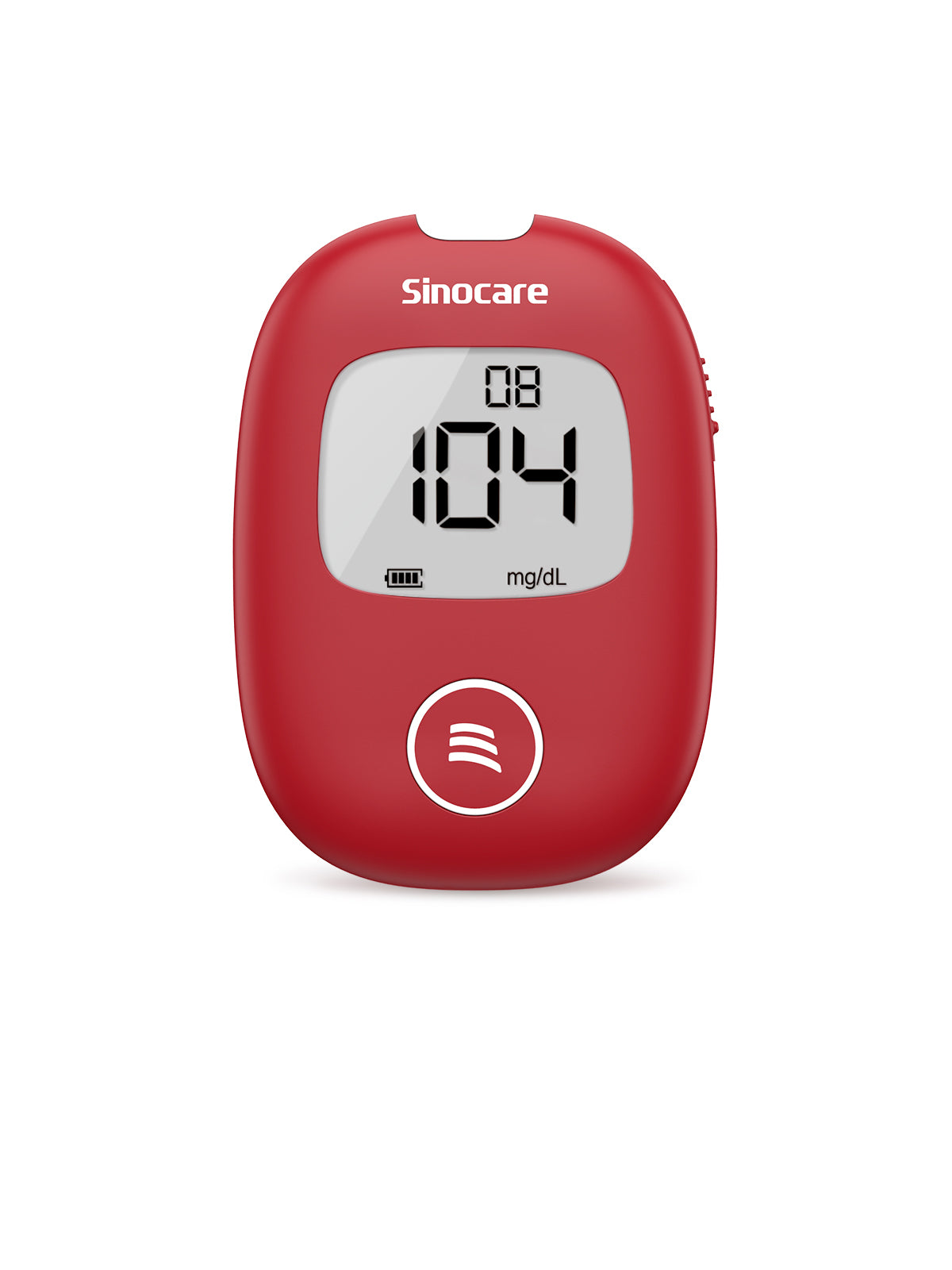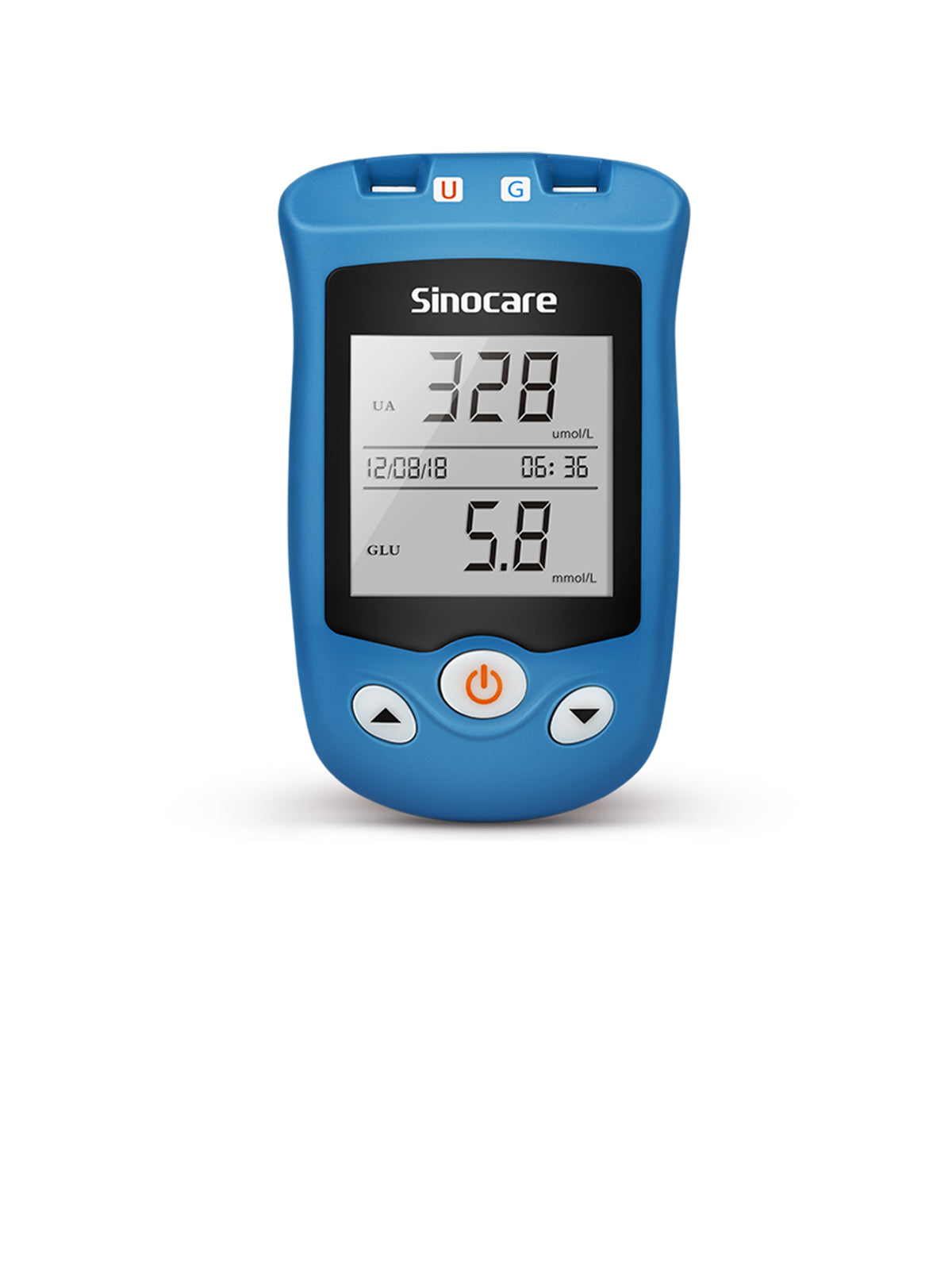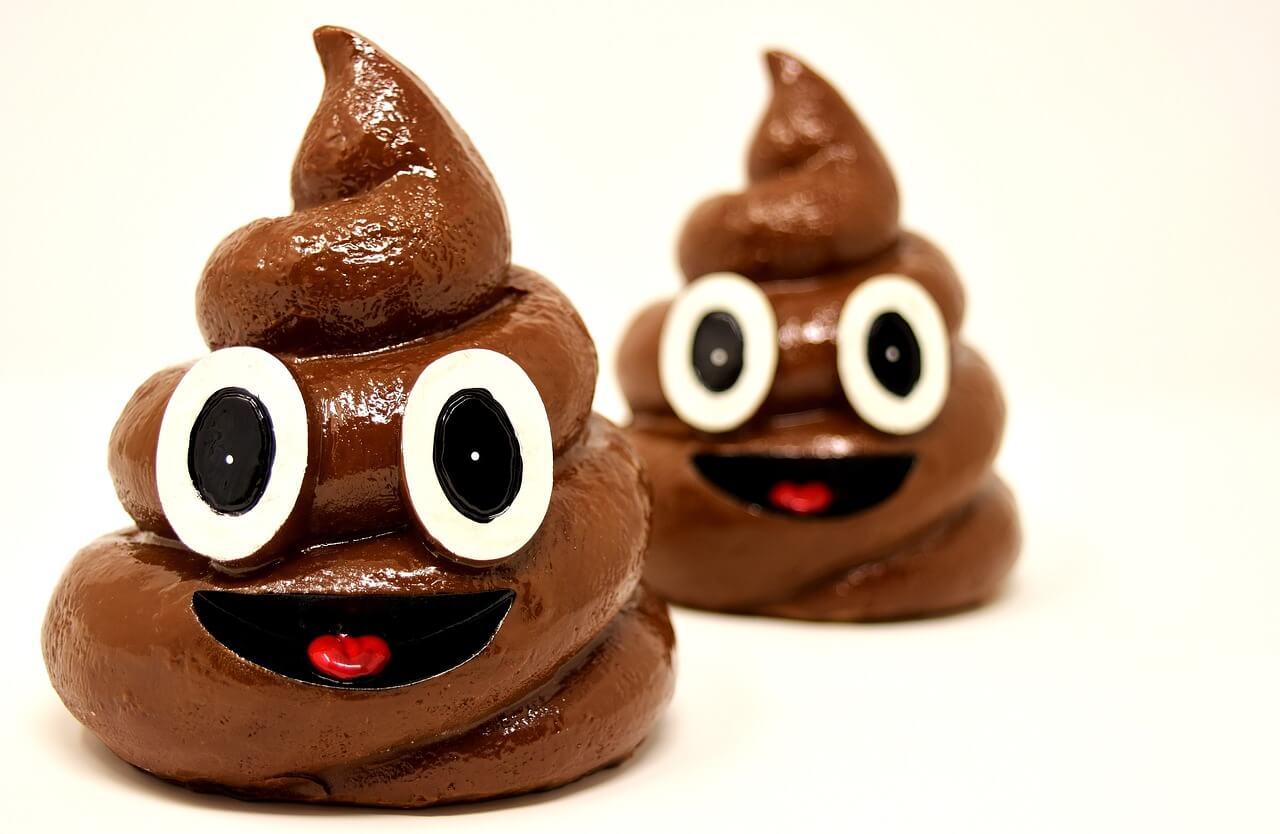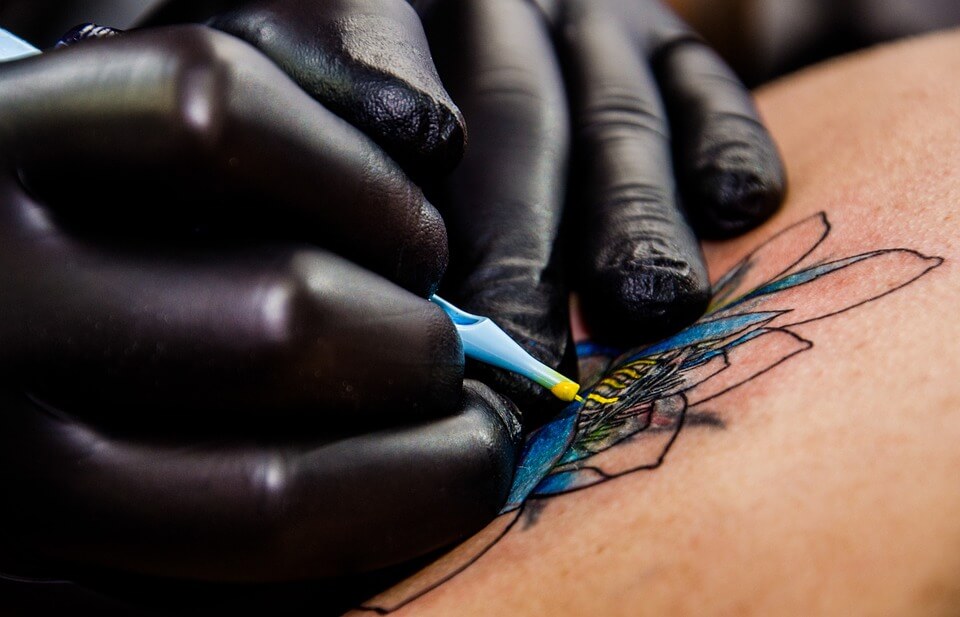Undoubtedly, poop isn't a topic that we like to talk about. And we all know how awful it smells. But its smells can also give clues on what's happening inside our bodies.
For example, the poop may sometimes smell sweet or metallic. Many often claim this to be a sign of diabetes. But is that so?
Want to find out?
Okay! In this article, we'll examine why and when sweet-smelling poop happens and see if it has any connection with diabetes.
Now, sit back and relax! Let's explore this not-so-pleasant topic!
Why Do I Have Sweet or Metallic Smelling Poop?
Human stool typically has an unpleasant odour. "Sweet smelling" is seldom a description of the poop. For anyone, having sweet-smelling poop is actually quite awkward. [1]
But there are several reasons why the poop might have a sweet or metallic smell. Some of the possible causes include the following:
Diet
The smell of our poops largely depends on the type of food we consume. For instance, consuming foods rich in sulphates, like onions and garlic, can cause our faeces to smell like rotten eggs. A diet high in processed or sugary foods may also alter the smell of the poop. [1, 2]
Gut microbiota
Our guts can also affect how our poops smell. They house trillions of bacteria to digest the food we consume. These bacteria maintain the typical odour of our stool. But changes in our normal gut microbiome can make the smell more putrid or foul. Clostridioides difficile, or C. difficile (CD), is responsible for one such bacterial infection that can cause sweet-smelling poop. [3]
Medications
Some medications can affect the smell of our stool. This change in odour may occur due to the metabolism and excretion of these medications from the body. It may also result from an imbalance in the intestinal ecosystem. For example, antibiotics can lead to a CD infection by disrupting gut microbiota. [4, 5]
Uncontrolled diabetes
Persistent high blood sugar levels can harm our digestive health. The extra glucose in the bloodstream can cause the urine to smell sweet. And the unabsorbed sugars in the gut can also give the faeces a sweet smell.
How C. Difficile Infection Causes Sweet-Smelling Poop?
C. difficile (CD) is a toxin-producing anaerobic bacterium. It infects the large intestine (colon), causing diarrhoea with an unusual odour. Some people describe this smell as sickeningly sweet.
CD infection typically occurs after the use of antibiotic therapy. It causes antibiotic-associated colitis. Although antibiotics help fight against bacterial infections, they also disrupt the intestinal ecosystem by killing both good and bad bacteria. This imbalance allows CD to grow in number and produce toxins. These toxins can cause damage to the colon lining and lead to diarrhoea with a distinct sweet odour. [3, 6]
CD infections often affect older adults in hospitals or long-term care facilities. However, people outside these settings can also have these infections. [6] Risk factors for CD include the following:
- age above 65 years,
- recent hospitalization,
- proton pump inhibitor use, and
- a history of antibiotic therapy

Is Sweet Smelling Poop a Sign of Diabetes?
No, the sweet-smelling stool is not a typical sign of diabetes. Common symptoms of diabetes are as follows:
- Excessive thirst
- Frequent urination
- Unexplained weight loss
- Food cravings
- Numbness or tingling in the hands or feet
- Blurred vision
- Fatigue
Indeed, those with diabetes can notice a sweet or fruity smell in their urine. These smells can appear due to the body excreting excess glucose from the bloodstream. However, such odours are generally not present in poop. [7]
Nonetheless, diabetic patients need to be aware of their bodies. They should talk to their GPs if they see changes in their bodily fluids' smell, including faeces. Sweet-smelling poop may not directly suggest diabetes. But it could indicate another underlying health issue that requires medical attention.
Is there a Smell Associated with Diabetes?
Diabetes can cause distinct odours in our breath, known as "acetone breath" or "ketone breath." This smell comes from the build-up of ketones in the body. Our bodies make ketones when they break down fats for energy instead of glucose. The breath may smell fruity, sweet, or slightly metallic. [8]
People with diabetes may notice a sweet or fruity smell in their urine. This odour occurs as the body excretes excess glucose from the bloodstream. [9]
Diabetes may also change the smell of poop. However, sweet smelling poops are generally not common, even for those with diabetes.
What Can I Do to Make Your Poop Smell Better
The following tips may help improve gut health and possibly make the poop smell better:
- Eat a balanced diet: Consume a diet low in carbs but rich in fibre and lean proteins. Such diets can support a healthy gut microbiome and improve digestion.
- Stay hydrated: Drinking plenty of water helps promote regular bowel movements and supports overall gut health.
- Exercise regularly: Physical activity can improve digestion and support a healthy gut environment.
- Manage stress: High-stress levels can negatively impact gut health. Learn relaxation techniques like meditation or yoga to cope with stress.
- Get enough sleep: Sleep for 7-9 hours every night. This sleeping routine can support overall health, including the digestive system.
When to See My Doctor?
If someone notices a persistent sweet or metallic odour in their faeces, they should take action. It's possible that the smell has nothing to do with diabetes and instead suggests another health problem. Consulting a healthcare professional is the first step. Affected individuals should also talk about any additional symptoms they may be experiencing.
Frequently Asked Questions (FAQs)
Is Abnormal Smelling Poop a Sign of Ketoacidosis?
No, abnormal-smelling poop is not a direct sign of ketoacidosis. But a bad smell in breath can be a sign of the condition, as ketoacidosis often causes a fruity, sweet, or metallic smell on the breath.
Note: Ketoacidosis is a life-threatening condition affecting people with diabetes. It happens when the body produces high levels of ketones. If left unchecked, they can cause the blood to become acidic – and that's why the name includes acidosis. [8]
What Does Diabetic Pee Smell Like?
Diabetic pee may have a sweet or fruity smell due to excreting excess sugar. The sweet smell occurs as the body tries to eliminate unused blood glucose through urine. [9]
Is Foul-smelling Gas a Sign of Diabetes?
No, foul-smelling gas is not typically a sign of diabetes. It can occur due to various factors, including diet, gastric acidity, and gut bacteria. And as stated above, there are more common symptoms associated with diabetes than gas. [10] But if someone is experiencing both diabetic symptoms and gas problems, they may consult a healthcare professional.

Final Thoughts
Sweet-smelling poop is not a sign of diabetes. Instead, it may indicate changes in gut microbiota or the intestinal ecosystem. Also, diabetes patients more commonly have sweet or fruity odours in their breath and urine than in poop.
To sum up, people must listen to their bodies. If they notice lasting changes in the smell of bodily fluids or other signs hinting at diabetes, they should seek medical advice.
References
1. Rose C, Parker A, Jefferson B, Cartmell E. The characterization of feces and urine: a review of the literature to inform advanced treatment technology. Critical reviews in environmental science and technology. 2015 Sep 2;45(17):1827-79.
2. Müller-Lissner SA, Kaatz V, Brandt W, Keller J, Layer P. The perceived effect of various foods and beverages on stool consistency. European journal of gastroenterology & hepatology. 2005 Jan 1;17(1):109-12.
3. Guery B, Galperine T, Barbut F. Clostridioides difficile: diagnosis and treatments. Bmj. 2019 Aug 20;366.
4. Philpott HL, Nandurkar S, Lubel J, Gibson PR. Republished: Drug-induced gastrointestinal disorders. Postgraduate medical journal. 2014 Jul 1;90(1065):411-9.
5. Philip NA, Ahmed N, Pitchumoni CS. Spectrum of drug-induced chronic diarrhea. Journal of clinical gastroenterology. 2017 Feb 1;51(2):111-7.
6. Guh AY, Kutty PK. Clostridioides difficile Infection. Annals of internal medicine. 2018 Oct 2;169(7):ITC49-64.
7. Mogilnicka I, Bogucki P, Ufnal M. Microbiota and malodor—etiology and management. International journal of molecular sciences. 2020 Apr 20;21(8):2886.
8. Saasa V, Beukes M, Lemmer Y, Mwakikunga B. Blood ketone bodies and breath acetone analysis and their correlations in type 2 diabetes mellitus. Diagnostics. 2019 Dec 17;9(4):224.
9. Mouri M, Badireddy M. Hyperglycemia. InStatPearls [Internet] 2022 Apr 28. StatPearls Publishing.
10. Cloete L. Diabetes mellitus: an overview of the types, symptoms, complications and management. Nursing standard (Royal College of Nursing (Great Britain): 1987). 2021 Oct 28.










1 comment
David Farrar
In the pictures of the 6 signs of DKA, the name of the 6th sign should be “increased thirst” not “thrust”
Cheers from Australia
Leave a comment
All comments are moderated before being published.
This site is protected by hCaptcha and the hCaptcha Privacy Policy and Terms of Service apply.